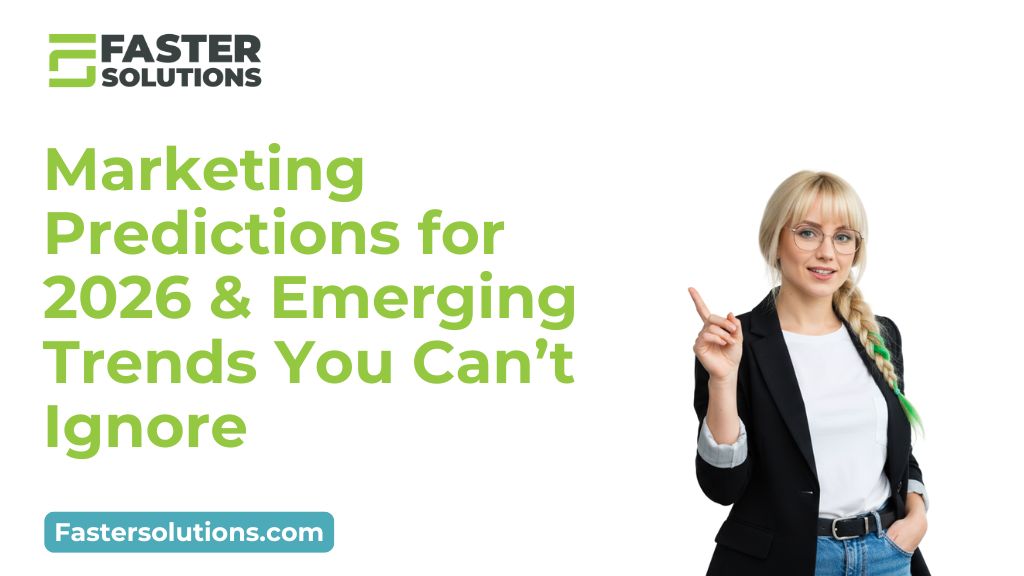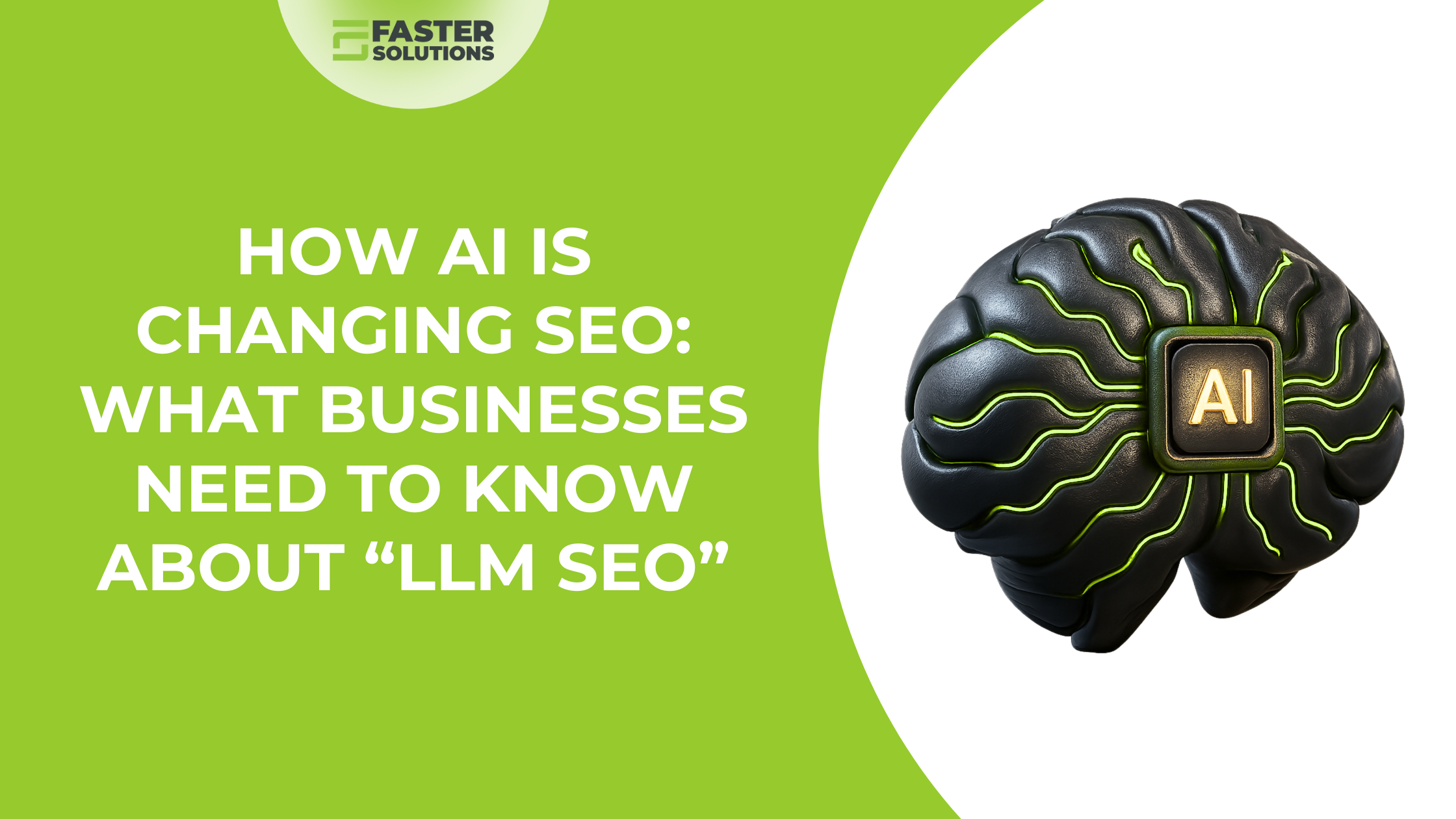
In a recent pandemic-times episode of “Restaurant Impossible,” celebrity chef Robert Irvine visits yet another restaurant on the brink of despair, and on the second day of the two-day overhaul, he asks the restaurant owner how she can improve her marketing.
“Social media,” the woman responds without a beat.
The restauranter isn’t wrong, and the Food Network star rescuer conveniently has a few influencers, with tens of thousands of followers (or more) each, at his disposal, ready to Instagram the food and promote it on their channels. With other options like ads and boosted posts, the local business owner can and should utilize social media to reach broader audiences than the visitors she already has.
But don’t overlook the importance of SEO. Unlike social media or display ads, it doesn’t involve visuals placed in front of your audience or prospective customers. We’re not buying the top Google results, placing a photo in front of someone’s browsing experience or making them wait for a video to play before they continue on YouTube. This leads our clients and prospects to ask one common question: So what do you do in SEO? Here’s a look:
Why You Should Build On SEO, Even If Your Audiences Can’t See It Directly:
For many of our clients — and Faster Solutions — SEO brings the most website visitors. In 2021, experts report that organic search globally has reached 53 percent of all website acquisitions. Experts also predict that website acquisitions from social media channels will decline. With Facebook, Instagram and even newer LinkedIn ads, platforms continue to emphasize traffic that comes from companies who pay them. Facebook has stated it wants more content a person sees to come from their friends and family, and less from brands. And audiences in general don’t as easily believe every ad they see, as political disinformation and security scandals have made everyone a bit more weary.
What We Do To Build On SEO:
Just because SEO doesn’t place photos in front of you by way of an ad or post, doesn’t mean photos don’t matter. If your college website shows visuals of students walking and laughing across your own campus, or learning in cutting-edge lecture halls, that’s wonderful. An SEO team makes sure those photos all have the proper meta tags, so Google reads this and ranks you accordingly from the backend of your website.
One major recommendation we give clients today is to keep a consistent blog, where audiences can stay updated and trust your expertise on your subject matter. Your audience isn’t the only one reading your blog. Google will be reading your blog posts too — along with all of the other content on your website. SEO experts will optimize each blog post, again from the code and backend of your website, making sure that Google’s increasingly elite AI ranks you in Google results accordingly. Experts will similarly optimize any fresh content to your website. Let’s say you change seasonal content on your homepage. All of it needs fresh optimization.
Google cares about how well-written and up-to-date your content is for your audience. It will even track the length of the sentences written in this very post.
But SEO isn’t just about keywords and optimization. When we build each of our websites, we’re constantly looking at where your Call to Action, or CTAs, are placed. We’re looking at how many photos and how much content is placed on your pages. We want to include links from one page to another, both to keep your audiences engaged by your content, and to earn a nod from those SEO bots who are paying attention. It’s not just about the websites we build. When we bring an already-existing website on for a new marketing package, we look at how modern and up-to-date their website is.
That’s right: Google even focuses on how up-to-date your website is. It uses this to establish authority when ranking you against other companies in any given search result. Other factors that matter in your SEO are keeping your Google My Business profile up to date, knowing whether you want to rank for local or national SEO and optimizing for terms like “near me,” or for your primary city.
Is SEO the End-All Be-All?
There are thousands of variables and ways that Google can measure a website’s SEO success. It’s hard to say just which variables will place you at the top of Google results organically. This is why we always recommend using multiple channels in your marketing strategy. Paid ads, a good blog and a strong social media presence with a campaign or two are all going to get your name out there! Marketing automation will also add to your toolset!
If you have local influencers or people who your community trusts, building a partnership with them is a major industry recommendation as well — just like the struggling restauranter on TV showed us.
But if you have a tight budget — or even if you have a celebrity chef on your side — SEO is the quickest way to get results with no extra spend. First and foremost, think about how your website will rank in Google organically.
So how do we measure your SEO success?
You can see how your SEO is performing by checking your site acquisitions, or how exactly your visitors found your site. You want to primarily see people landing on your site from organic search. We want direct search to rank up there as well.
If someone lands on your site from what Google calls a “referral,” that’s good news too. That means another website linked to your site, and that means backlinks — an excellent factor to have that also benefits your SEO.
When you’re talking to your customers or prospects, ask them how they found you. There is a strong chance that they’ll tell you they did what billions of others do, and turned to Google search. That is always great to hear.
If all of it seems too much to handle, chat with usl. That’s what the SEO experts are for!





